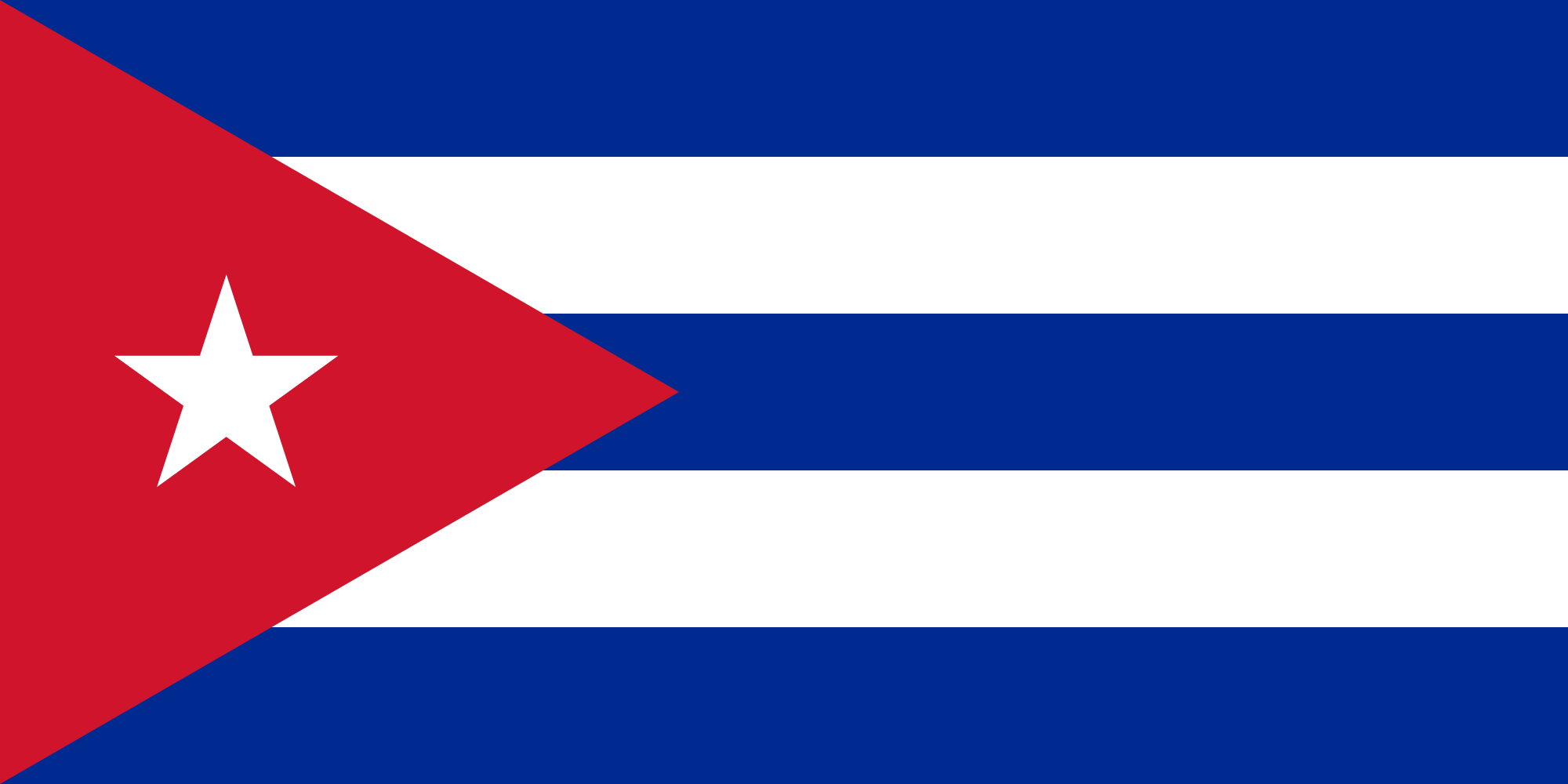Social property will be the main basis for production in Cuba after the adoption next year of a new constitution, and this will continue to be the governing principle of the country’s social and economic life.
This was the main message of the Cuban deputy minister of foreign affairs, Ana Teresita González Fraga, when she addressed a gathering of friends of Cuba in Dublin last month. The minister is on a tour of a number of European and Asian countries to inform solidarity groups, and Cubans abroad, of some recent developments.
She spoke about the new draft constitution, containing 224 articles, 87 of which are new provisions. It envisages the updating of the social and economic model of Cuban society, emphasising the socialist nature of the Cuban political system. There will be some private production, but the dominant means of production will be socially owned.
It is intended to establish a five-year presidency, with a limit of two terms. There will be a maximum age of sixty for candidates. There will also be a prime minister, who will co-ordinate the work of the Council of Ministers.
The draft has been discussed in detail at 135,000 local meetings, and Cubans living abroad have also been consulted. This debate process will end on 15 November, and the final vote will be taken in February 2019.
The minister thanked supporters and friends of Cuba in Ireland for their solidarity, and recalled the visit of President Higgins to Cuba in 2017. She thanked especially all those who campaigned for the release of the Cuban Five.
She said there had been a sudden and serious deterioration in relations with the United States since the election of President Trump. The blockade has been strengthened, particularly in the field of financial and economic transactions. As it has done for many years, the UN General Assembly has again passed a resolution against the blockade.
In 2016 Cuba signed an agreement on political and economic co-operation with the European Union, and an EU-Cuba Council has been established to set out a “road map” for future relations. This agreement is dependent on ratification by the parliaments of the member-states.
Cuba is very concerned about the aggression and external intervention aimed at the Bolivarian government of Venezuela. The minister said the situation in Nicaragua was also a source of concern, stressing that the sovereignty of Venezuela and Nicaragua is essential for stability in the region.






